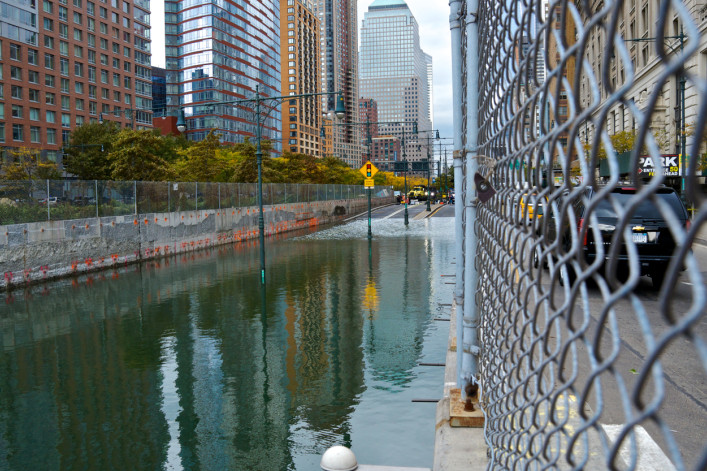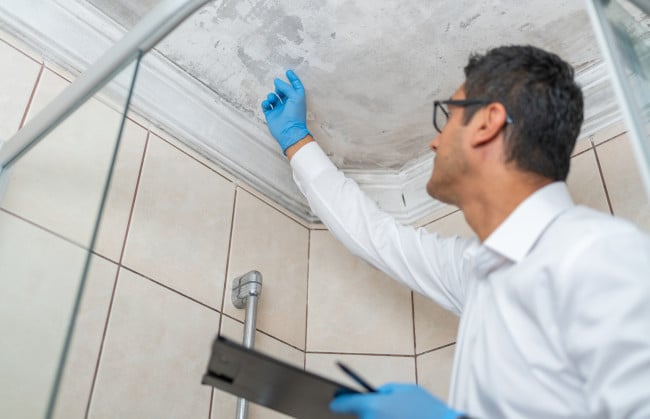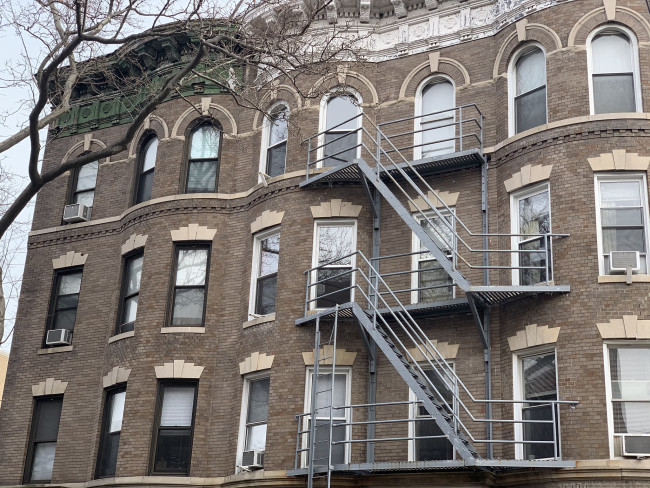Is apartment insurance more expensive if I live in a flood zone?
Does apartment insurance cost more if you live in a flood zone? Is it better to live on a high floor?
Apartment insurance does not typically cover claims related to flooding, but that doesn't necessarily mean you need to purchase an additional flood policy, our experts say.
"Standard apartment policies exclude flooding from rising rain, ocean, river, or ground waters, so there is no direct relationship," says Jeffrey Schneider, president of Gotham Brokerage (a Brick sponsor). "But if your building is close to the coast, the possibility of wind damage is more likely to force your rates up."
To file a flood insurance claim, Schneider adds, your apartment has to be directly damaged by flood waters. This is very unlikely to happen if you live on a higher floor. If you live in a ground-floor apartment near the shore though, you may want to look into investing in a flood insurance policy.
There are other reasons for buyers to prioritize apartments on higher floors: "Since most pests like roaches, rodents, and ants find the entrance at ground or sub-levels, giving yourself a little distance couldn't hurt," points out Gil Bloom, president of Standard Pest Management.
Of course, building residents will be affected by floods even if their apartments do not suffer water damage.
"If water reaches the building and floods the basement, the whole building will be affected. But there will not likely be direct water damage to your home," says Deanna Kory, a broker with Corcoran. "There will be potential electrical outages and tap water issues, which means that you may want to be living elsewhere when this potentially happens."
In light of the recent collapse of a condo building in Surfside, Florida, many New Yorkers are wondering how likely a similar collapse may be here, and whether floods and water damage could lead to disaster in the long term.
Architect Ritu Saheb, owner of Saheb Architecture, says this is highly unlikely to happen in New York City. She says residential buildings here are required to be regularly inspected as a result of Local Laws, and if any issues are uncovered, they are addressed by engineers.
"Property owners here are very proactive, and there is a high level of regulation," she says. "Co-op boards are usually very active, and even with smaller issues related to water damage, they tend to take care of it very quickly."
Still, she advises that prospective buyers have their attorneys look over the board meeting minutes. For a building near water that has a cellar—check to see if the minutes reflect any issues with flooding or damage and how those were addressed.
The problems that lead to a building collapse don't happen overnight. "The situation in Florida was unique, and it was in the making for the past 30 years," she says.
Trouble at home? Get your NYC apartment-dweller questions answered by an expert. Send your questions to [email protected].
For more Ask an Expert questions and answers, click here.
You Might Also Like





























